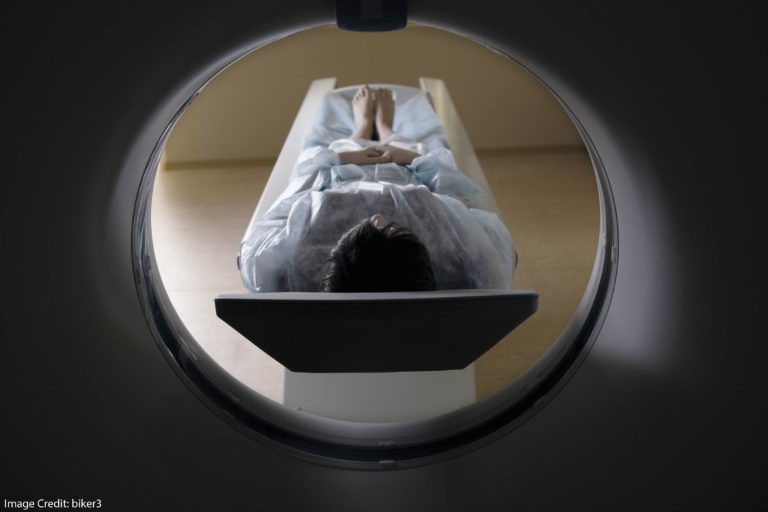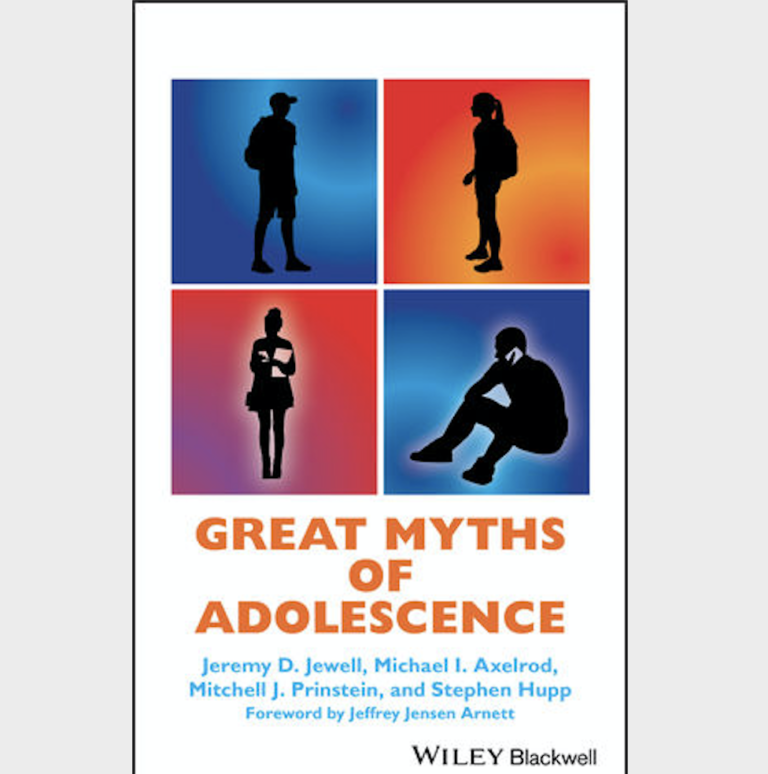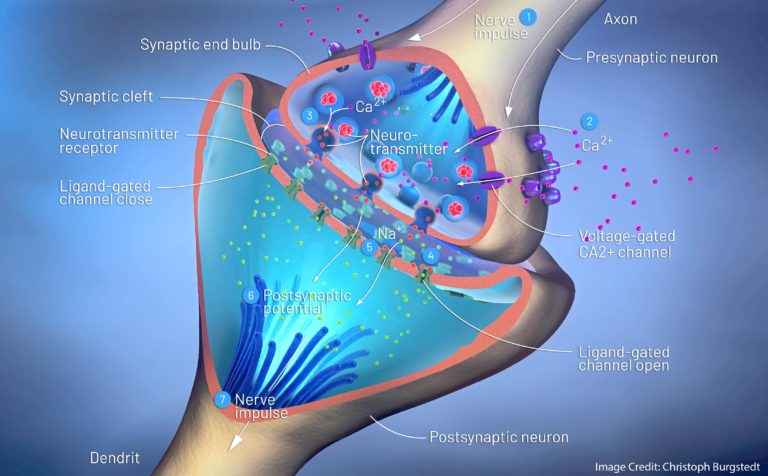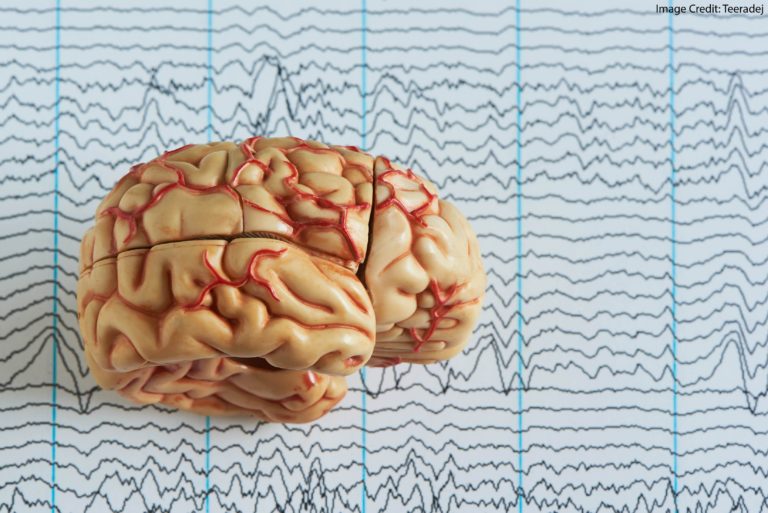Tags
ADHD adolescence attention autism book review boundary conditions classroom advice conference speakers constructivism/direct instruction creativity desirable difficulty development dual coding elementary school embodied cognition emotion evolution executive function exercise experts and novices gender high school homework intelligence long-term memory math methodology middle school mindfulness Mindset motivation neuromyths neuroscience online learning parents psychology reading retrieval practice self-control skepticism sleep STEM stress technology working memoryRecent Comments
- Transforming Notes To Flashcards: Effective Study Techniques For Better Retention - 2024 on Practical Advice for Students: How to Make Good Flashcards
- Homepage on The Limitations of Retrieval Practice (Yes, You Read That Right)
- Early Thoughts on A.I. Research in Schools |Education & Teacher Conferences on ChatGPT and Beyond: The Best Online Resources for Evaluating Research...
- Thom Gething on Teachers’ Professionalism: Are We Pilots or Architects?
- Experts, Expertise, and Teachers (and Students!) |Education & Teacher Conferences on How Do Experts Think?
ABOUT THE BLOG
Monthly Archives: April 2019

A Rose by Any Other Name Would Smell as Confusing
All too often, psychology discussions use confusing — or worse, deliberately cheerful — terminology. Teachers should seek out direct and neutral terms to simplify and clarify our discussions. Continue reading

No, Brain Scans Can’t See You Think
https://npjscilearncommunity.nature.com/users/19663-tracey-tokuhama-espinosa/posts/42620-deciphering-fact-from-fiction-about-the-brain Continue reading

Does Low-Structure Free Time Improve Executive Function?
Students can be taught executive-function skills that help in schools. They learn executive-function skills that help outside of school by playing on their own. Both kinds of practice help children mature. Continue reading

Great Myths of Adolescence by Jeremy D. Jewell, Michael I....
Do you think that teenagers today are lazier, riskier, and more self-absorbed than previous generations? Great…
Posted in L&B Blog
Leave a comment

The Best-Known Neural Model of Learning Might be Substantially Wrong
A new neural model of long-term memory formation might change our understanding of learning. It should not, however, change our approaches to teaching. Continue reading

Building a Better Research Mousetrap: @justsaysinmice
A new twitter account can help you sort the good science reporting from the bad. And, it’s got cute pictures too. Continue reading

Meet Blake Harvard, “Effortful Educator”
An interview with Blake Harvard: high-school psychology teacher, and Effortful Educator. Continue reading
Posted in L&B Blog
Tagged boundary conditions, classroom advice, coaching, retrieval practice
Leave a comment

Surprise: Screen Time (Even Before Bed) Doesn’t Harm Adolescents
A very large study with more than 17,000 people suggests that screen time isn’t really harming adolescent well-being. If that’s true, we should focus our efforts on finding and solving real problems in adolescent life, and not be distracted by sincere but inaccurate hype. Continue reading

STOP THE PRESSES (And Yet, Remain Calm)
In the world of science, if you see the right kind of evidence, you have…

How to (Un)Make System-Wide Changes Based on Research
We might be eager to hurry up and change everything to make our schools better. By rolling out one change at a time, and by agreeing on criteria for success and failure in advance, we can raise the likelihood that our changes will help students learn. Continue reading
Posted in L&B Blog
Leave a comment
